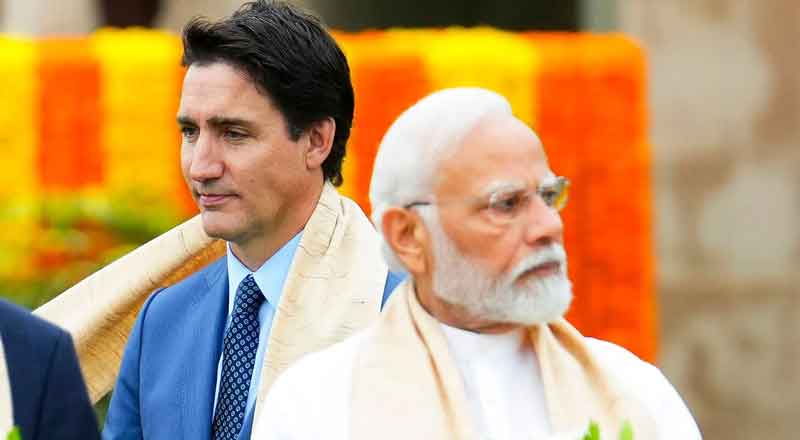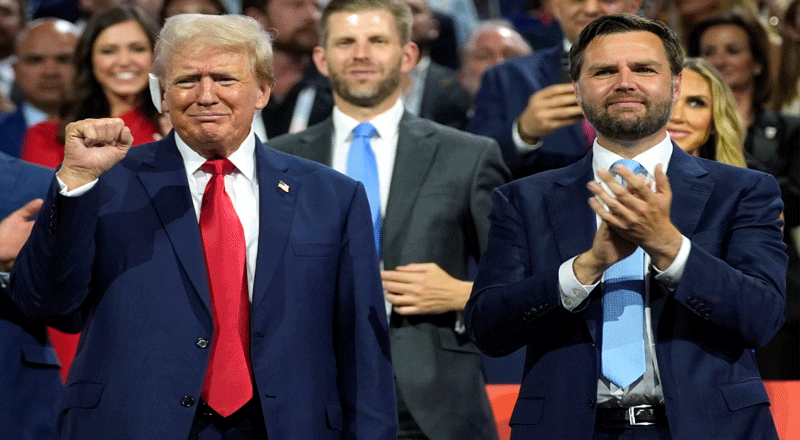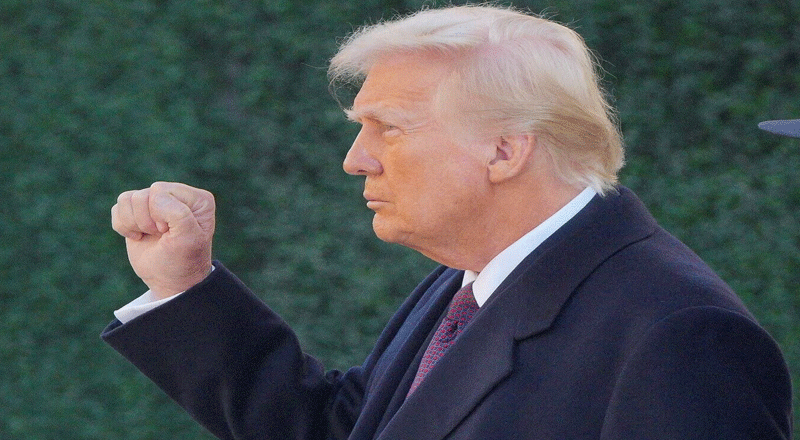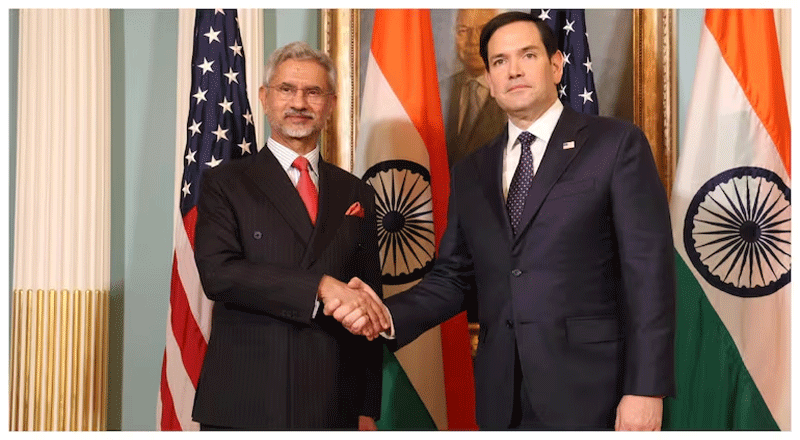A Troubled Diplomatic Relationship
India and Canada have historically enjoyed a stable relationship, bolstered by trade, people-to-people ties, and shared democratic values. The large Indo-Canadian diaspora, which is integral to Canadian society, has served as a bridge between the two nations. However, in recent years, diplomatic relations have faced significant challenges, particularly around issues of Sikh separatism and Canada’s perceived tolerance of Khalistani movements. These tensions reached a boiling point in 2023, after the assassination of Hardeep Singh Nijjar, a Canadian citizen and alleged Khalistani terrorist. Since then, accusations and counter-accusations between the two countries have plunged bilateral relations to an all-time low.
Diplomatic Row Deepens: India Expels Canadian Diplomats
The already strained relations between India and Canada worsened dramatically when India expelled six Canadian diplomats, shortly after recalling its own High Commissioner and other officials from Canada. This was in response to an investigation by Canadian authorities into the death of Nijjar, who was killed in June 2023. According to Canada, Indian diplomats, including High Commissioner Sanjay Kumar Verma, were allegedly involved in the case. India firmly rejected these claims, describing the accusations as baseless and politically motivated.
The Indian Ministry of External Affairs (MEA) expressed outrage, calling the move “completely unacceptable.” It further conveyed its discontent to the Canadian authority, signalling a serious deterioration in diplomatic ties. New Delhi criticized Ottawa’s approach, asserting that Canadian authorities had failed to provide any evidence to substantiate their allegations.
Trudeau’s Accusations: Coercion and Threats
In a public statement, Canadian Prime Minister Justin Trudeau escalated the situation by accusing India of engaging in coercive actions, including clandestine surveillance, violent acts, and threats aimed at South Asian Canadians. He claimed that the Royal Canadian Mounted Police (RCMP) had gathered compelling evidence implicating agents of the Indian government in actions that threatened public safety in Canada.
According to Trudeau, these activities included unauthorized information gathering, coercion, and involvement in violent incidents, including murder. He declared that Canada would never tolerate a foreign government engaging in actions that threatened its sovereignty or the safety of its citizens, referring to the Nijjar killing as a violation of international law.
Trudeau acknowledged the longstanding relationship between the two countries, noting that they had deep-rooted ties through trade and migration. However, he emphasized that Canada could not tolerate the alleged transgressions by India, stating, “We fully respect India’s sovereignty, and we expect the same in return.”
Canada’s Retaliation: Expulsion of Indian Diplomats
In response to these accusations, Canadian Foreign Minister Melanie Joly announced the expulsion of six Indian diplomats, further escalating the standoff. According to Joly, the expelled diplomats were identified by the RCMP as “persons of interest” in connection with Nijjar’s death. Canada justified the move by claiming that Indian officials had refused to cooperate with the investigation, despite what they described as concrete evidence linking them to criminal activities on Canadian soil.
Trudeau reiterated that Canada had made repeated attempts to engage with India on the matter, but these efforts had been rebuffed. He also declared that the expelled Indian diplomats would not be allowed to return to Canada. “The evidence brought to light by the RCMP cannot be ignored,” he asserted, underscoring Canada’s commitment to upholding its sovereignty and the rule of law.
India Hits Back: Accusations of Hostility and Extremism
India, in turn, lashed out at Trudeau’s administration, accusing it of harbouring anti-India sentiment and providing a platform for extremist elements. The MEA issued a scathing statement condemning the Canadian government’s alleged support for Khalistani extremists, who, it claimed, had been allowed to operate freely in Canada. India also highlighted how members of Trudeau’s cabinet had been associated with a separatist agenda, pointing to Canada’s internal politics as a key factor in the deterioration of relations.
New Delhi further criticized the Canadian government for failing to provide any credible evidence to substantiate its allegations about Indian involvement in Nijjar’s killing. India’s stance was that the accusations were “absurd and motivated,” driven by domestic political considerations rather than facts.
The Political Implications of the Diplomatic Standoff
Trudeau’s government is facing significant pressure domestically, with declining popularity and recent political setbacks, including surviving two parliamentary confidence votes. His tough stance against India could be seen as a strategic move to regain political support, particularly from Sikh voters who hold significant political influence in Canada.
However, Trudeau’s accusations against India also risk alienating a major economic partner. India, one of the world’s largest economies, is crucial for Canada’s trade and investment interests, and the ongoing diplomatic crisis could have long-term ramifications for bilateral ties, including on trade, investment, and people-to-people exchanges.
A Deepening Diplomatic Crisis
As of now, India has not responded directly to Trudeau’s latest accusations but has set up a high-level committee to investigate the allegations. However, it has made it clear that without any concrete evidence, it will not engage with Canada on the matter.
The diplomatic row has also drawn international attention, with Trudeau sharing information about the case with members of the “Five Eyes” intelligence alliance, which includes the United States. While no other nation has publicly commented on the dispute, it remains a matter of concern for global diplomacy, given the prominence of both countries on the international stage.
In conclusion, the ongoing spat between India and Canada represents a significant departure from the historically amicable relations between the two nations. With both sides entrenched in their positions, it remains unclear how or when this diplomatic crisis will be resolved. However, the longer the standoff continues, the more difficult it will be to repair the damage done to Indo-Canadian relations. Finding a way to restore dialogue and cooperation will be crucial, not just for the two countries but for global stability as well.
(With inputs from agencies)





